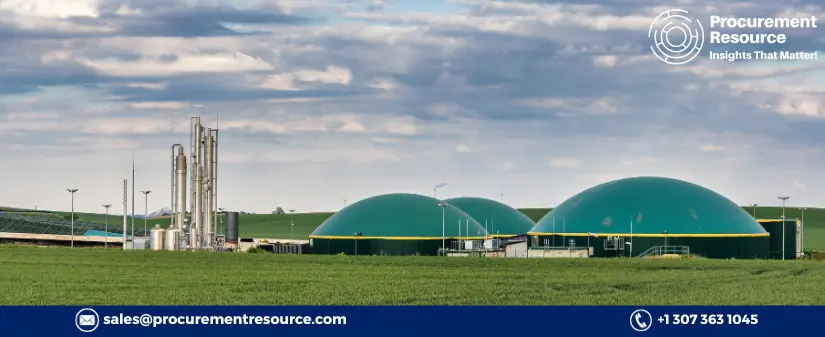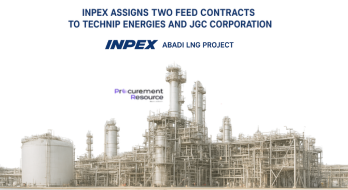ENGIE acquires Ixora Energy Ltd for a deal worth £64.8m

France's ENGIE has recently acquired UK's biomethane producer, Ixora Energy Ltd, in a deal valued at approximately £64.8m ($79.4m). This acquisition allows ENGIE to incorporate three additional production units located in Devon and Somerset to its assets. These units have the capacity to produce about 160 GWh of biomethane annually. With this addition, ENGIE's total biomethane production capacity across Europe will increase to 670 GWh. ENGIE's goal with this acquisition is to work towards its ambitious target of achieving a capacity of 10 TWh in Europe by the year 2030.
ENGIE expressed that this acquisition is in line with their commitment towards a diversified energy mix. They believe biomethane will play a crucial role in Europe's journey towards decarbonization, energy sovereignty, and a sustainable energy transition. Additionally, ENGIE aims to support the UK's renewable energy and decarbonisation objectives through this acquisition.
On a broader scale, biomethane has seen significant growth in Europe, especially in France, where the production of biomethane began in earnest in 2011. The Law on Energy Transition for Green Growth has further propelled this expansion by setting a target for renewable gas to constitute 10% of France's total gas consumption by 2030.
Reports from S&P Global suggest that Europe's biomethane market is expected to witness notable growth in the upcoming years, given the continent's aspirations for energy independence. The EU's REPowerEU initiative also emphasizes increasing the production of biomethane sourced from organic waste to 35 bcm by 2030, a significant leap from the current three bcm.
Kadri Simson, the EU Energy Commissioner, mentioned in 2022 the immense potential Europe holds for biomethane production, especially in the context of the ongoing energy supply challenges. However, analyses from S&P Global Commodity Insights indicate that Europe needs to achieve an 11-fold growth to meet the 35 bcm target, a trajectory it is currently not on.
To address this, the Biomethane Industrial Partnership (BIP) intends to foster active collaboration between various stakeholders, including the European Commission, EU nations, industry leaders, academics, and NGOs. The Commission has also voiced its commitment to assist EU nations in strategizing their biomethane production plans. Further proposed measures involve boosting biomethane investments, introducing new incentives, and evaluating infrastructure constraints that could hinder efficient biomethane deployment.
According to the article by Procurement Resource, ENGIE, a French energy giant, has acquired UK-based biomethane producer Ixora Energy Ltd for around £64.8m ($79.4m), adding three production units from Devon and Somerset to its portfolio. These units increase ENGIE's total European biomethane production to 670 GWh, edging closer to their 10 TWh target by 2030.
The move aligns with ENGIE's commitment to a diversified energy mix and supports the UK's decarbonisation efforts. While biomethane production in Europe, especially France, is on the rise, Europe must accelerate its efforts to meet ambitious targets, such as REPowerEU's goal of 35 bcm by 2030. Collaborative initiatives like the Biomethane Industrial Partnership (BIP) are aiming to bridge this gap.


.webp)
